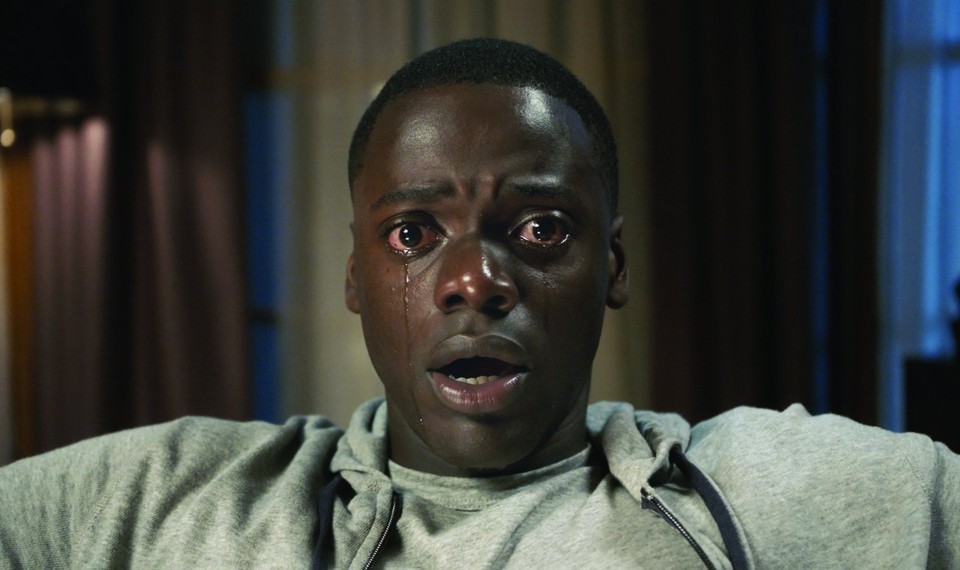Create a free profile to get unlimited access to exclusive videos, breaking news, sweepstakes, and more!
Are The Oscars Still Too White?
People of color were well-represented at last night's Academy Awards. But does that really mean progress?

The Academy Awards, the biggest award ceremony in tinsel town, celebrated its long white, male history as it turned 90 years old yesterday—but it also tried to address its issues with race and gender. “We have some record nominations this year for the black community, but the fact that we are still talking about firsts in 2018 means there's a lot more that needs to be done,” said April Reign, the founder of the 2015 explosive #OscarsSoWhite. But was she encouraged by the number of black people nominated? “The black community does not stand for all communities.”
Twitter was apprehensive about who the winners were going to be—especially after a young Oscar voter came forward about how older voters who dismissed “Get Out”, Jordan Peele’s blockbuster horror film about race and suburbia, without even watching it. After all, 91% of Oscar voters are white, and 76% male, so “Oscars diversity” seems a bit like an oxymoron.
The stage—and the nominations list—was well-populated with people of color. Tiffany Haddish quipped: Are the Oscars too Black now? Maya Rudolph told the audience not to worry. “There are so many more white people to come tonight.” And there were.
Emma Stone, who gladly played a part-Asian woman in white-washed “Aloha”, raised much ire with snide remarks (“four men and Greta Gerwig”) about the best director category. Of those four men, two were men of color (Del Toro and Peele).
People of color did win big at the Oscars last night—and Mexico walked away with representation including Best Song and Best Animated Feature (“Coco”) as well as Del Toro’s “The Shape of Water.” While “The Shape of Water” is the first genre movie to win Best Picture since 2004—no small feat—it offers a comforting narrative of difference that “Get Out” simply doesn’t do. Fans celebrated “Get Out”’s big win: Jordan Peele won the award for Best Original Screenplay, making history as the first Black recipient. “I stopped writing this movie about 20 times because I thought it was impossible,” Peele told the audience.
Salma Hayek shared the stage with fellow Harvey Weinstein accusers Ashley Judd and Annabella Scorria to present a video montage about equality and representation. While this may have been an empowering moment to bring up the “limitless possibilities of equality, diversity, inclusion, intersectionality,” it also recalls last year’s Sundance controversy where Hayek and Shirley MacLaine were dismissive to Jessica James’ call to recognize Black and LGBTQ struggles in film.
Race and difference continue to be an issue in the Oscars—definitely in terms of the winners, nominees, voters,and hosts, but fundamentally, as a systemic issue in the Hollywood and the United States.
See the complete list of winners here.


